The Deep Change necessary for a Sustainable World
Every two weeks I share lessons and tools from my work as a coach, host of mastermind groups and podcast conversations. Today I share some of my thoughts after my conversation with coach Manu Busschots.
Our high CO2-levels are causing climate change. But they’re not the root cause, they’re als a symptom.
A symptom of a system and our drive to use what we get from nature to create more and more.
A symptom of our money-system to demand a little more back in interest for every euro created.
A capitalist system that effectively lets capital grow faster than wages (Capital, Piketty). An ostensibly progressive tax system that in actuality is regressive (the ones who earn the most pay the least).
A symptom from our neoliberal individualistic societal norms. “I have to watch out for only myself.” “I can only be secure if I have more than my neighbours.”
Even when we will have innovated and implemented our way to sustainable (meaning CO2-neutral) energy sources and ways of production, the root causes that lead us to create climate change still exist.
While important, just greener technology won’t get us our of this spiral.
You can’t just build higher chimneys and think we’ve gotten rid of the smoke.
If we keep creating more and more, soon enough we’ll run into another planetary boundary.
And, how morally right would it be that, when we have a green world with a stable climate, it’s still rife with energy poverty and inequality.
Because the ratchet creating inequality will have kept turning.
We need deeper change.
We need to change the system that aims our actions.
To a system that is able to have enough and to distribute equally.
And to design it, to see it, we need a change in ourselves.
A change in how we see ourselves, each other and our place on the planet.
Language and script. The ox drawn plow. Monotheistic religions. Descartes. Capitalism. Step by step, we’ve separated ourselves from nature and from each other.
As if the other is different from us; our body is away from our thoughts; the world is inanimate.
We see ourselves as apart from it, rather than a part of it.
We act like we’re above it. That our brilliant minds are the ones who can save us.
Rather than humbly marvelling at the complexity of cells and ecosystems.
When we see ourselves as part of each other and nature, so many behaviours that are common now become unthinkable.
3 more nuggets Manu shared with me:
“My drive has shifted to actualising and always improving myself, to using that what I’ve learned to better those around me.”
“The more personal you make it, the more universal it is.”
“Make sure you know very clearly what you want to say “yes” to. That makes saying “no” to maybes much easier.”
